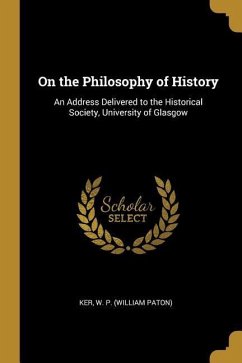James Parkerson's "An Address to a Wealthy Libertine; or, the Melancholy Effects of Seduction" is a powerful work of 18th-century English poetry offering both social commentary and moral instruction. Paired with "A Letter from an Unfortunate Farmer's Daughter, to her Parents in Norfolk," the collection explores the devastating consequences of seduction and its impact on individuals and families. Parkerson's verse provides a critical lens on societal inequalities and the abuse of power, making it relevant to discussions of social work and family relationships. Through vivid language and poignant narratives, the poems delve into themes of loss, regret, and the complexities of human relationships. This meticulously prepared print edition allows readers to experience the emotional depth and social insights of this classic work, offering a glimpse into the concerns and literary styles of the past. This work has been selected by scholars as being culturally important, and is part of the knowledge base of civilization as we know it. This work is in the public domain in the United States of America, and possibly other nations. Within the United States, you may freely copy and distribute this work, as no entity (individual or corporate) has a copyright on the body of the work. Scholars believe, and we concur, that this work is important enough to be preserved, reproduced, and made generally available to the public. We appreciate your support of the preservation process, and thank you for being an important part of keeping this knowledge alive and relevant.
Bitte wählen Sie Ihr Anliegen aus.
Rechnungen
Retourenschein anfordern
Bestellstatus
Storno









